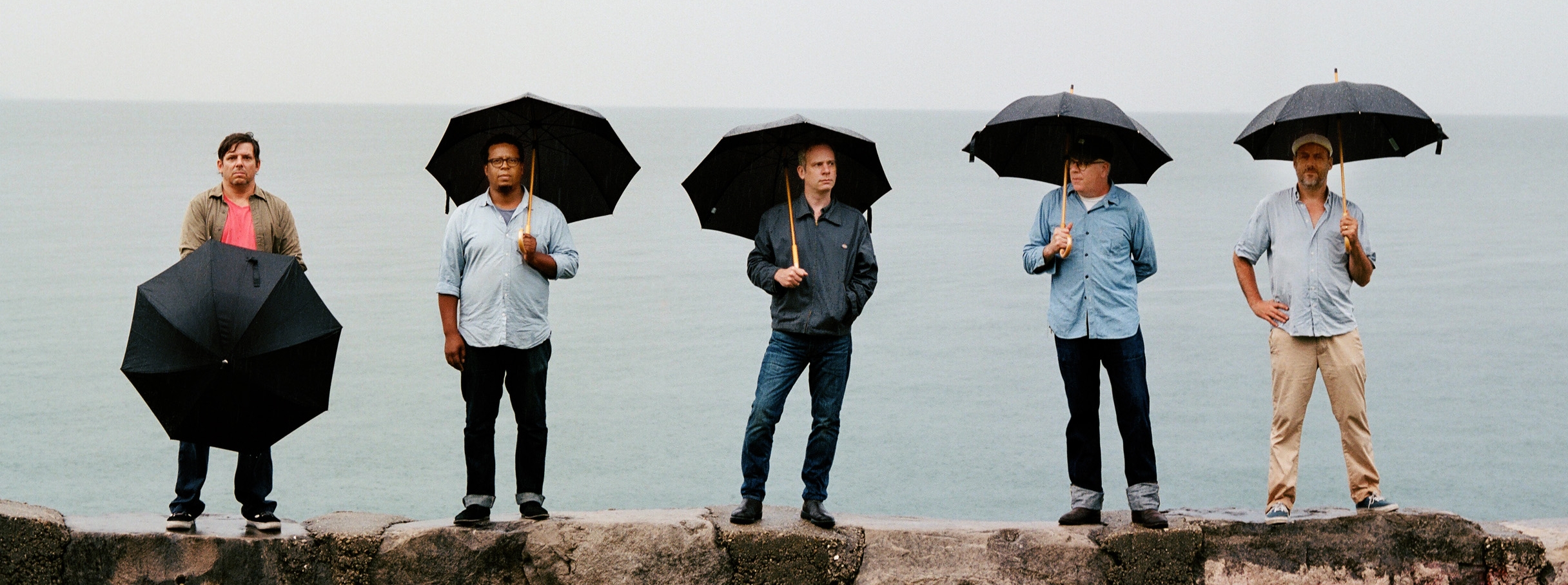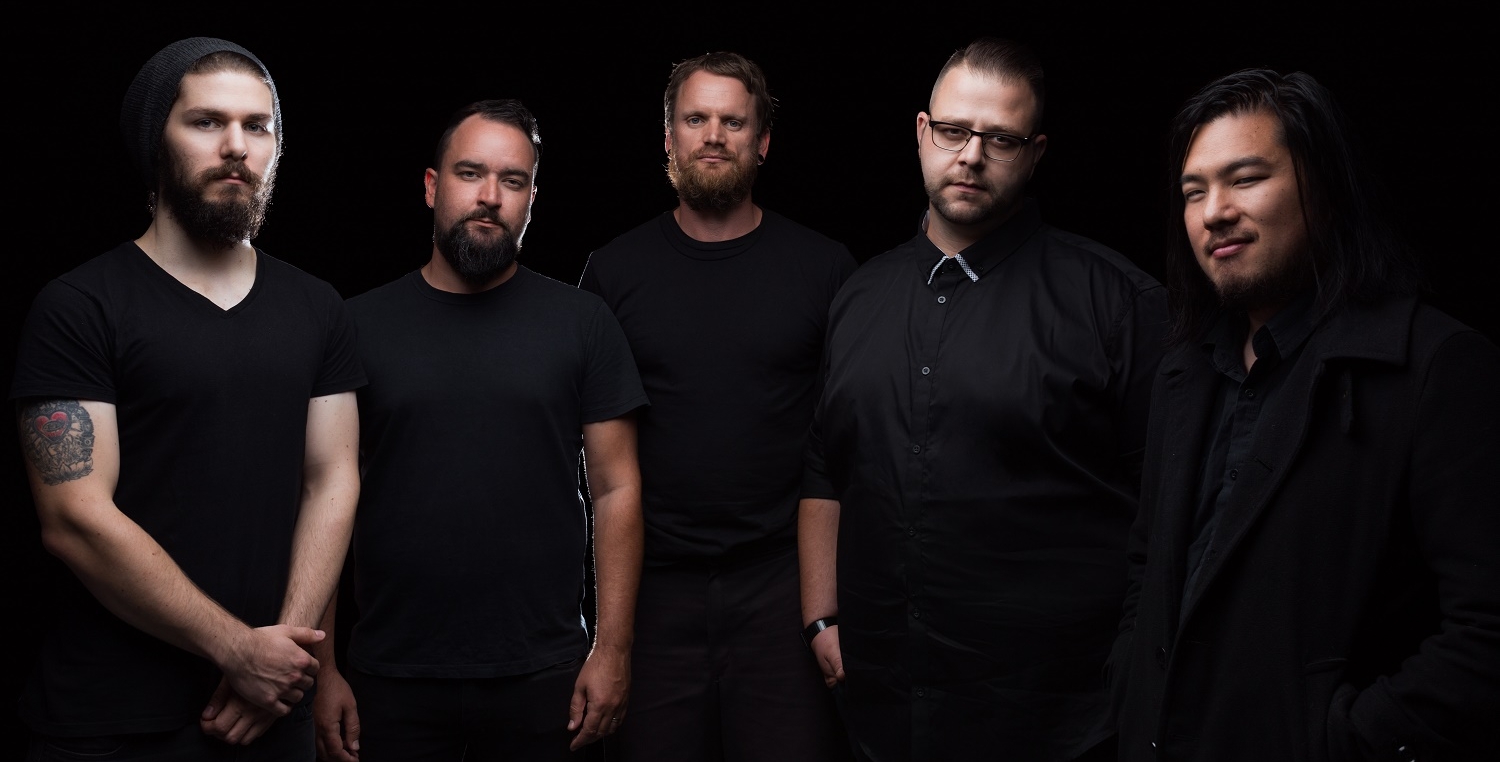Even with so much history to take in, the quintet aren’t particularly interested in their past. For instance, it’s put to John Herndon – one of the band’s two drummers and a founding member – that 2016 marks the 20th anniversary of Tortoise’s second studio album, Millions Now Living Will Never Die. It was a landmark release for the group, almost insurmountable in its critical acclaim, and is now considered by many to be a pioneering record of the post-rock sound. Most artists would celebrate that fact – perhaps even play a show or two in celebration of it – but that’s not the case with Tortoise.
“I don’t ever, ever listen to our records,” says Herndon. “Whenever I’m asked about stuff we’ve put out, I honestly don’t really know how to answer it. As much as possible, I try to be in the present and focus on the here and now – to deal with what’s happening now. I will say that if we’re playing songs from that record, we approach it the same way that we approach any of the material when we’re playing it live. That’s meant insofar as it being different – there are certainly elements of the record there, but it’s something that becomes a lot more vibrant and lively when you’re seeing it live.”
Instead of revelling in any kind of nostalgia, Tortoise have instead spent the calendar year doing just as Herndon says – living in the now and taking full advantage of the gift that is the present. In January, Tortoise released The Catastrophist, their seventh studio album. It was a considerable change of pace for the band, not only the first Tortoise record to incorporate guest vocalists such as Yo La Tengo’s Georgia Hubley and U.S. Maple’s Todd Rittman, but also featuring their first recorded cover in the unexpected form of David Essex’s Rock On.
“We’ve done a lot this year,” says Herndon. “I loved being in Barcelona and playing at Primavera Sound – that was super fun. We did a really great show in Chicago at Millennium Park. London was really special, too. It’s been really awesome to be out here in support of this record – we’ve been trying to play as much as we can from across our catalogue, from the very first record [1994’s Tortoise] right up to the new one.”
Tortoise certainly pride themselves on their live show – it’s more or less an extension of what they do on record, delving deeper and further into their compositions and developing new energies through the element of live performance. With no two sets being exactly the same, the band is always finding new ways to remain a cohesive unit.
“The other night, I had a guy come up to us after the show who wanted a record signed,” says Herndon. “We got to talking, and he actually asked me if Tortoise would ever consider putting out a live album. He felt that the live experience was a different animal to hearing us recorded – and I can’t quite explain why that is, but I certainly understood where he was coming from. There’s just something that we collectively get out of projecting this music that we’ve made in the live setting. The sound of the band onstage is very different from the recorded versions. It’s not impossible to tell if it’s the same song or not, but you definitely notice the changes. It’s just something that we do, and people seem to respond to it.”
Herndon and his bandmates will be seeing out the year with a run of Australian and New Zealand headlining dates. “We actually have a strange connection with Australia,” he says. “Our first live sound engineer, Casey [Rice], lives in Melbourne now. It’s going to be so wonderful to get to see him again – you forget how much you miss people until they start living a million miles away.”
By David James Young







